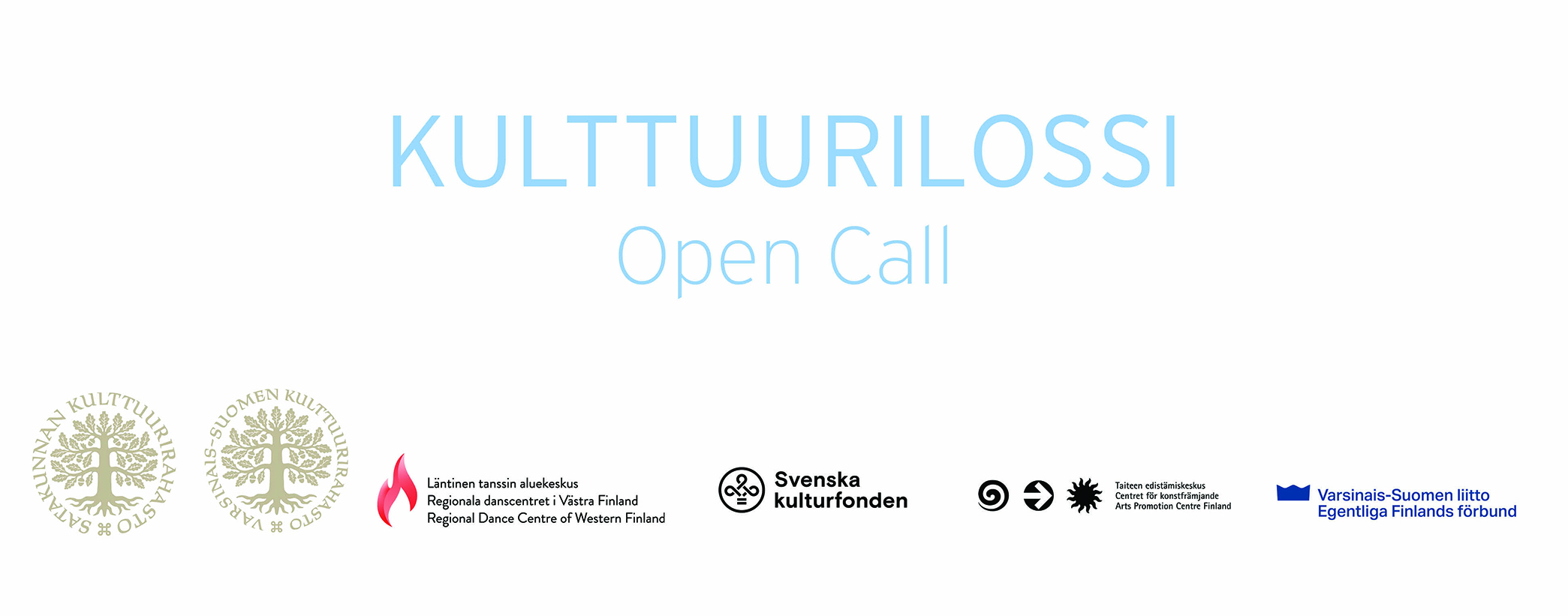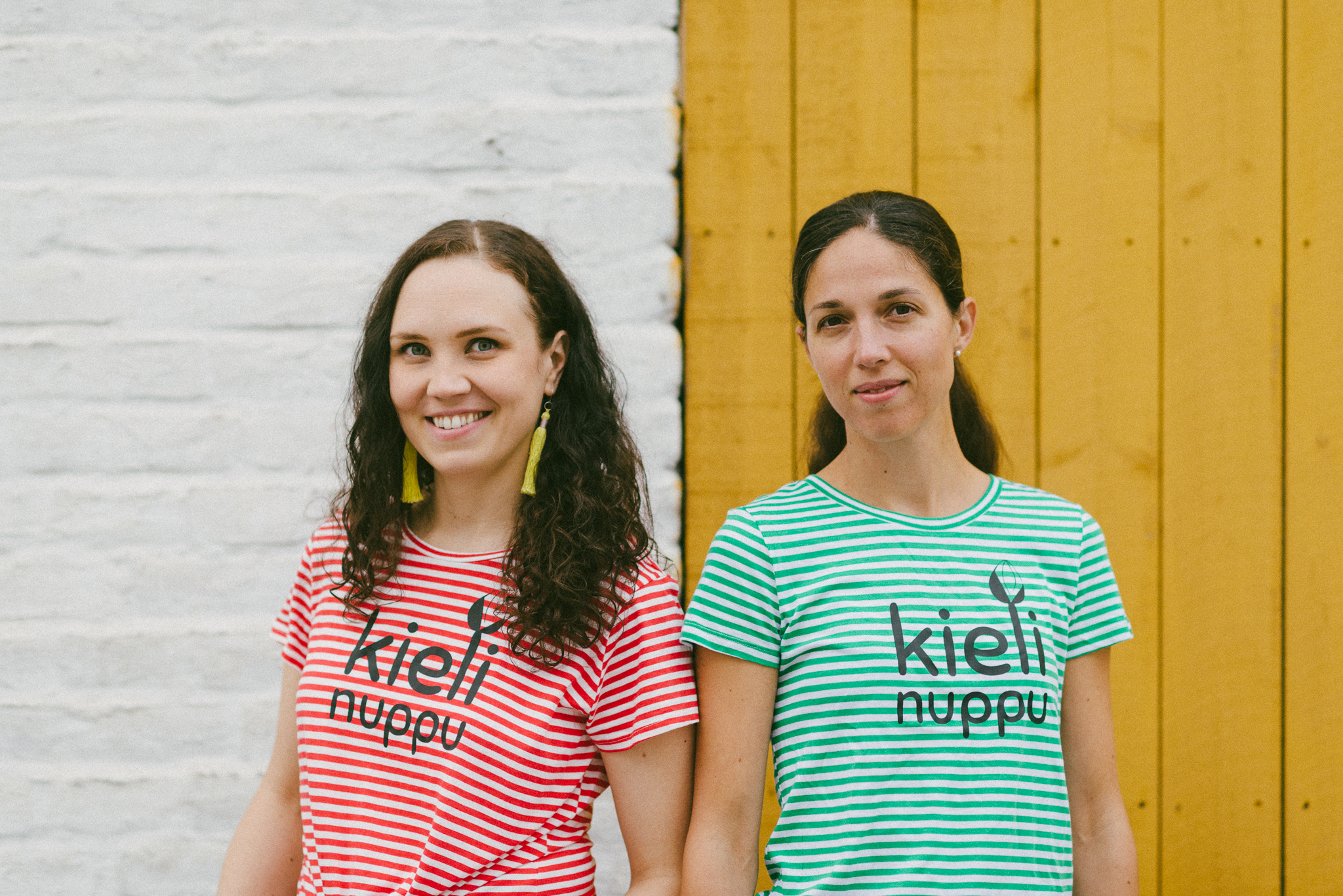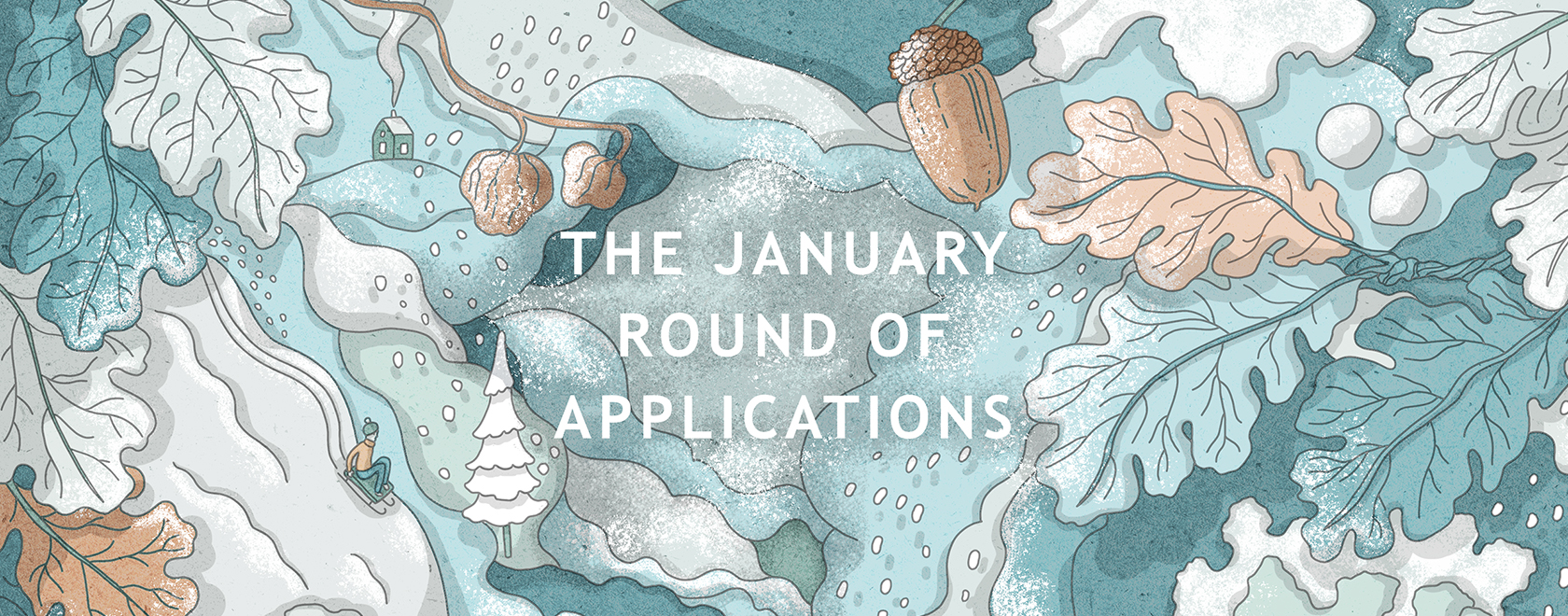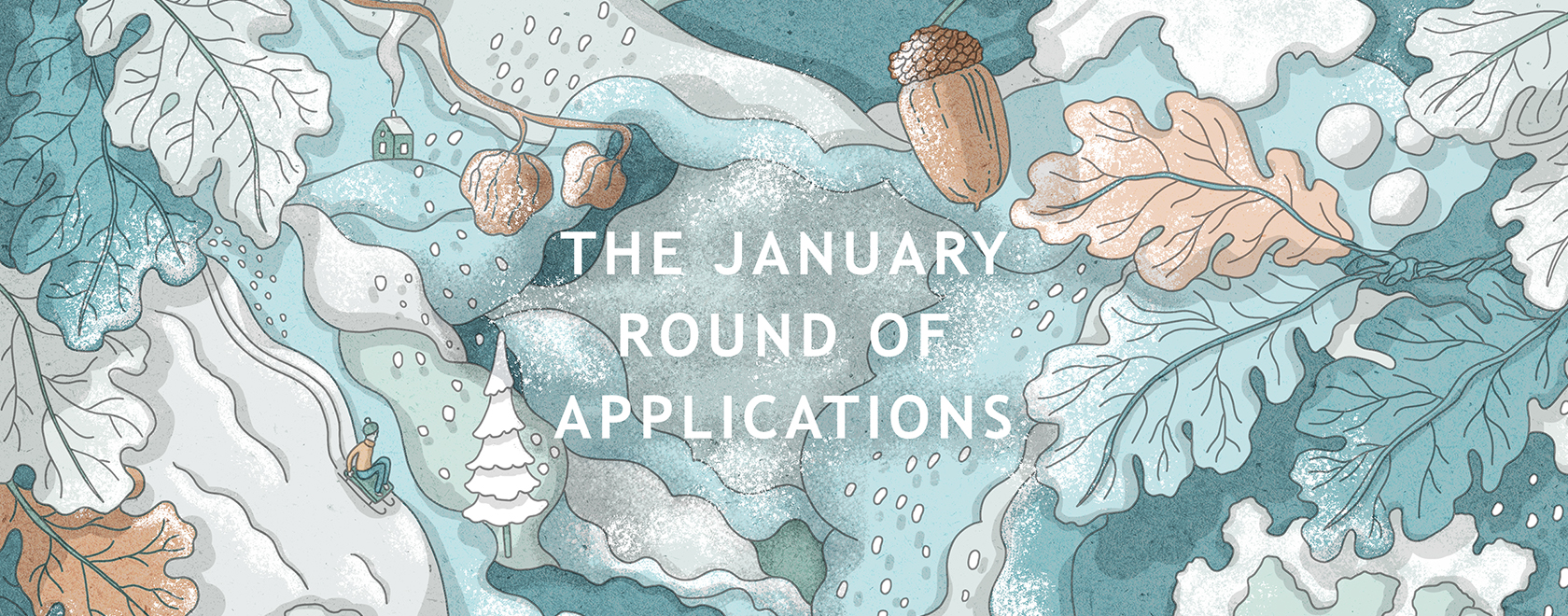CULTURE FERRY – Open call for applications

Open Call for Applications, 1 – 31 March 2023
This is a call for art content that is suitable for events directed at audiences of all ages, to take place in the Southwest Finland and Satakunta archipelago in July and early August 2023. We will accept proposals for existing stage productions, music productions, visual art content, street art, literary art and other art forms. The content may be inspired by the local environment or comment on it.
The events will take place across three islands during the peak season, inviting participation from local residents, summer residents and tourists. The CULTURE FERRY’s mission is to foster community spirit while promoting ecological values and cultural diversity. During summer days and afternoons, visitors may enjoy artworks, take part in nature-themed workshops, explore an island on a guided tour and ask questions from a panel of nature experts, for example.
We are looking for work that will blend in well with the islands’ vulnerable natural environment and their unusual performance and exhibition venues. The artworks should be lightweight and easy to transport on connection ferries, and should fall into place naturally on the local rocks, terraces or gardens, or on the sea itself.
Dates and venues
Saturday 8 July, Iniö
Iniö is a locality on the Archipelago Trail. Many tourists pass through the main island, which has an active and tight-knit local community of permanent and summer residents. Iniö comprises more than one thousand islands and islets, and the event will take place outdoors, around the environs of the Norrby guest harbour.
Saturday 29 July, Kuuskajaskari
Kuuskajaskari is a popular tourist destination, attracting 200–300 visitors every day. The island is a former army defence and training fortification, still containing old barracks and military fixtures. Besides the outdoor environment, the venues include an old artillery hall, which has previously been used for summer theatre productions and can fit an audience of 150.
Saturday 5 August, Archipelago Centre Korpoström
The Archipelago Centre offers a versatile programme and services for yachters, visitors interested in culture and the Archipelago Sea, and families with children. Its main exhibition for summer 2023, entitled Migration, considers the topic of migration through contemporary art, while the Kids’ Lab will allow children to explore life forms and water samples from the sea bed. Our event can spread itself across indoor and outdoor spaces.
Application form
Please submit your artwork proposal using the digital application form on the Regional Dance Centre of Western Finland website. The application can be filled also in Swedish and Finnish.
Information to provide on the form:
- Title of piece or performance
- Name of artist or group
- Suitable venues and dates
- Brief promotional description of the piece or performance for marketing purposes
- Marketing picture and name of photographer
- Duration(if applicable)
- Compensation: salary or invoice
- Estimated travel costa per venue (cheapest public transport option or mileage allowance if necessary)
- Written description of completed work (max. one A4) and preferred venue
- Links to visual and/or audiovisual materials, if available (remember to provide passwords)
- Contact details (email, telephone, website or online portfolio, contact person for group)
- PDF file containing cost estimate for materials, rented technology, etc., as well as a list of necessary technical equipment and other details related to erecting/displaying/performing the work
- Other comments
- Please note, that you have 60 minutes to complete the application. Therefore you should read the questions in advance and make sure that you have all the necessary attachments available.
Selection process and compensation
The selections for the event programme will be made by a jury appointed from among the organisers, who may consult experts if necessary. The jury may also suggest further developments for ideas. The selection process will pay attention to the proposals’ artistic quality and their suitability for the programme as a whole. Selections will be made by 30 April 2023. After that, the organisers will proceed to make agreements with the selected artists/groups. We will be in touch with all applicants.
Jury composition: Risto Kupari, Fund Officer of the Satakunta Regional Fund; Sari Torvinen, Project Coordinator; and Timo Vuorisalo, Fund Officer of the Varsinais-Suomi Regional Fund.
The selected artists or groups will receive compensation in the form of salary and daily allowances. If desired, the artists/groups may also invoice the organisers for the work as freelancers, including all daily allowances and employers’ contributions in the invoiced sum (they will not be paid separately). We will also cover travel expenses between the artists’ home addresses and the venues, in accordance with the Finnish Cultural Foundation’s travel expense regulations. At some venues, accommodation expenses may be necessary if travel connections demand an overnight stay.
Please clearly itemise all the material and technology-related costs on your application, and we will cover them where possible.
For further information, please contact:
Sari Torvinen, project coordinator
sari.torvinen@skr.fi
Tel.: +358 44 9064 764
Organisers:
Finnish Cultural Foundation’s Satakunta and Varsinais-Suomi Regional Funds.
Partners:
Regional Council of Southwest Finland, Arts Promotion Centre Finland, Regional Dance Centre of Western Finland, and the Swedish Cultural Foundation in Finland.


